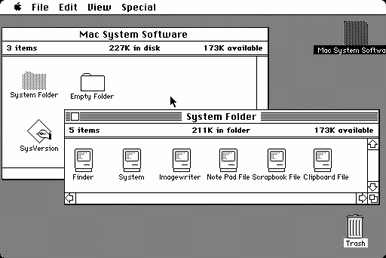

Roughly in order of how much I enjoy them from most to least. (Not that the later ones are bad. Just that they’re more low-key.)
Mindustry is amazing, but as I mentioned above, really really addictive. (The commercial game it’s most often compared to is Factorio.)
Then there’s Shattered Pixel Dungeon. Amazing dungeon crawler.
Endless Sky is a great space mercantile sim.
Luanti is a Minecraft clone.
Unciv is a turn-based civilization development game.
And if you’re wanting to do emulation, there’s Lemuroid. Also, EasyRPG, an engine for playing RPG Maker games like Yume Nikki. Oh, FreeDoom is a great implementation of Doom for Android.
Those are the ones that’ll keep your attention for a good long time. There are tons of much simpler games that are still fun like Frozen Bubble and Hyper Rogue. And plenty of games that I haven’t really gotten into very much but that people really seem to like Dungeon Crawl Stone Soup.
Man. There are a lot now that I’m listing them out. Lol.







de:ad:be:ef:ca:fe